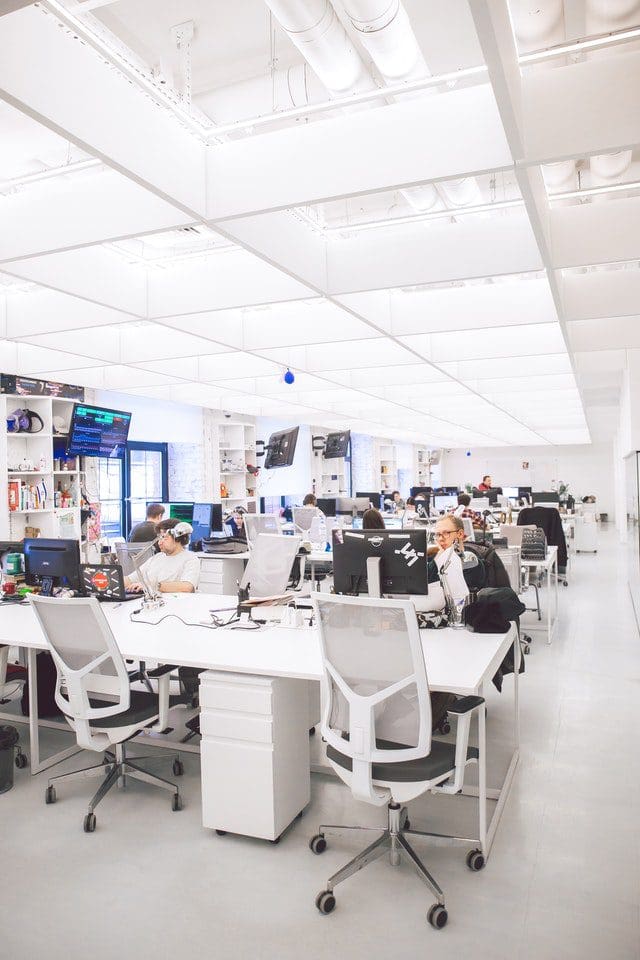We’re all different, and the more society and business embrace that fact, the better. Recently, there’s been a marked effort to improve inclusivity and diversity in many walks of life, especially concerning gender and race – but one area some continue to overlook is neurodiversity.
As many as 1 in 7 people in the UK are estimated to be neurodiverse, with 50% not even realizing it. That means most businesses will have a neurodiverse workforce whether they know it or not.
The term covers a range of neurological conditions, including Autism, ADHD, and Dyslexia, and was created to encourage the acceptance and respect of different brain functions. Understanding that people think differently can be highly beneficial for businesses, especially those striving to innovate.
It’s a point noted by international professional services firm RSM.
“Many organisations are dealing with low levels of employee engagement, falling retention rates and burnout, which are negatively impacting business process and profit. But there is a great opportunity to embrace inclusion with regards to neurodiversity, and huge benefits to be gained from matching natural strengths and abilities of individuals to specialist elements of certain roles.”
This is because neurodiverse people offer unique experiences and skillsets, helping businesses stand apart from their competition and deliver unique ideas. Neurodiverse workers also help their colleagues develop faster by exposing them to a wider range of perspectives from their own. Yet many neurodiverse people find themselves with limited professional opportunities due to what’s easily masked as ‘poor cultural fit.
So how can businesses better identify and promote neurodiversity?
How to embrace neurodiversity in the workplace
There are several steps businesses must take to do more in this area. First is securing buy-in from all levels, from leadership to managers and junior staff, to help create an educated and safe space for neurodiversity to thrive in.
It’s important to engage the local community too. Community groups can be fundamental in helping businesses recruit neurodiverse candidates, as well as helping train them and their colleagues.
On a related note, many businesses will need to adjust their hiring practices regarding what they consider a good candidate. Superficial norms like eye contact may otherwise rule out many talented neurodiverse individuals, including those with strong analytical and problem-solving skills.
Training provision should also be adapted to promote better understanding and interpersonal skills among all employees. Soft skill training – which can also be sourced from local community groups – is especially important for building a successful neurodiverse workforce.
Many businesses may also need to make environmental adjustments and provisions, as elements like temperature, sound, and lighting can hinder neurodiverse employees. Noise-canceling headphones, private rooms, and flexible schedules can benefit such employees, depending on their roles and conditions.
Is your business doing enough to embrace neurodiversity?
Featured Photo by Polina Zimmerman: https://www.pexels.com





